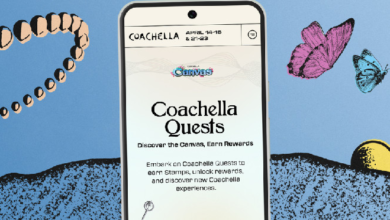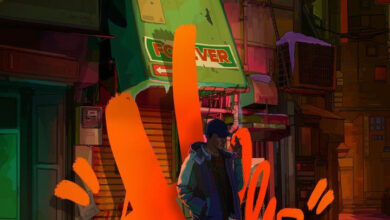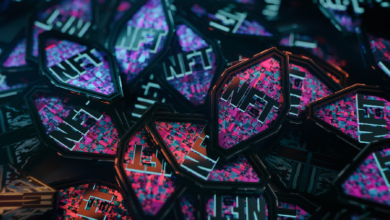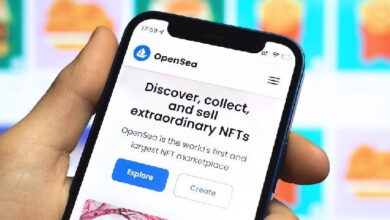Europe’s Lufthansa Airlines Launches NFT Loyalty Program
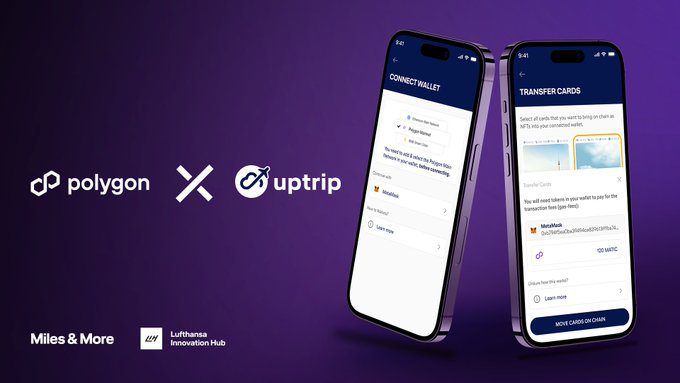
Lufthansa Group, the second largest airline fleet in Europe, just announced its NFT-infused loyalty program. It will allow passengers to scan their boarding pass in the Uptrip mobile app and exchange it for NFT trading cards to unlock airline miles, business vouchers, and other travel rewards.
Powered by Polygon’s proof-of-stake (PoS) blockchain protocol, the new program is the brainchild of Lufthansa’s digital innovation unit, Lufthansa Innovation Hub, and its frequent flyer program, Miles & More.
Since its soft launch in spring 2023, Uptrip has experienced 20,000+ registered users with over 200,000 NFT trading cards issued.
According to the August 31 announcement, Uptrip is now preparing to move into its second phase – the launch of a marketplace, which is expected to be released later this year. The app is currently available to download from Apple’s App Store and the Google Play Store.
Is this a sustainable mechanism?
Kristian Weymar, who heads up new business at Lufthansa Innovation Hub, believes that Uptrip “hits a nerve” when it comes to these new Web3-infused technologies.
“[Its] in an early stage of development,” he said, noting that while “curiosity is high,” the European airline giant also is facing questions and hesitations about the technology.
“We make it possible for people to access this new technology,” he added.
Christopher Siegloch, Head of Program Development at Miles & More, said that Uptrip’s gamification elements introduce passengers to these technologies – specifically NFTs, in a “fun way.” He teased that they are currently testing a new feature in the Miles & More ecosystem.
But does this mechanism actually have long-term viability?
The biggest challenge we continue to see across these “new and innovative” applications of NFT technologies is understanding the “why” behind these integrations. With the primary objective of onboarding as many consumers into this next wave of interactive online experiences, many leading brands have missed the mark in enhancing an already established ecosystem by asking consumers/users to “do something new” that requires additional work and understanding as to what these technologies are.
In short, consumers right now don’t need to worry about the underlying technology that is powering their experiences – all they care about is familiarity and whether or not the product or service does what they need it to do. In most cases, they don’t care about how it works.
This year proved to be a difficult year for Europe’s leading airlines. However, the German-based airline group ranks second under Ryanair, which carried the most travelers in Europe in 2021 at 72.4 million in comparison to Lufthansa at 46.9 million.
Etihad Airways and “Horizon Club”
Earlier this month, United Arab Emirates’ flagship airline carrier, Etihad Airways, also announced its expansion of its loyalty and rewards programs by teasing a new 300-edition expansion to its Polygon-based EY-ZERO1 NFT collection. This allows travelers the ability to “stake” or lock their digital assets in exchange for airline miles.
Dubbed “Horizon Club,” the new loyalty program will debut in September, introducing its “staking-for-miles” feature that will allow travelers to “lock” their NFTs and earn Etihad Guest Miles in return, which can subsequently be redeemed for flights, seat upgrades, and other exclusive benefits.
NFL Rivals
Another good example we’ve seen to date was this month’s release of “NFL Rivals,” the first-ever licensed game from the NFL, the NFL Players Association (NFLPA), and Mythical Games. While the game does incorporate Web3 technology, it’s not noticeable to players and doesn’t burden them with having to understand or engage with the complexities of blockchain technology.
Editor’s note: This article was written by an nft now staff member in collaboration with OpenAI’s GPT-4.


